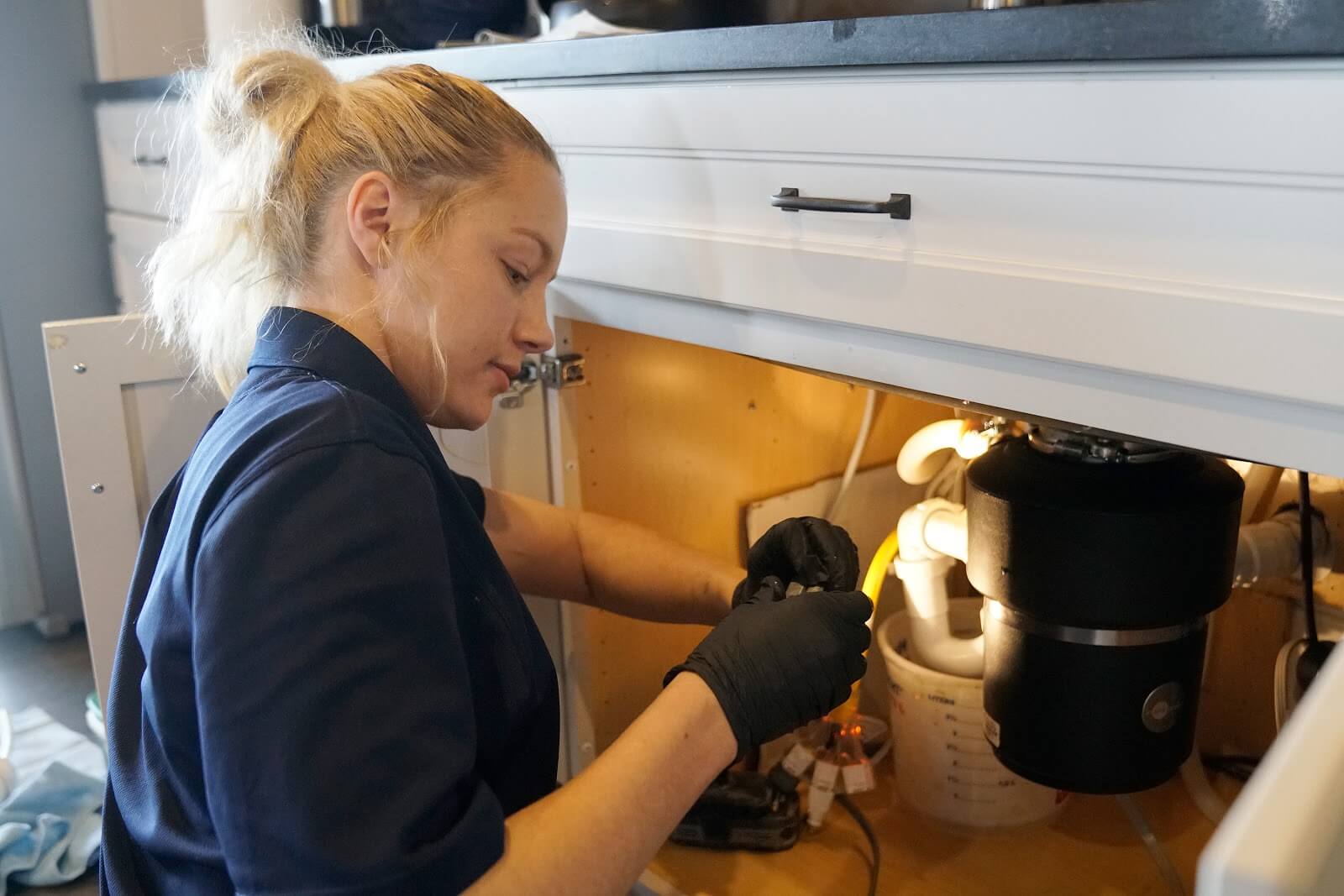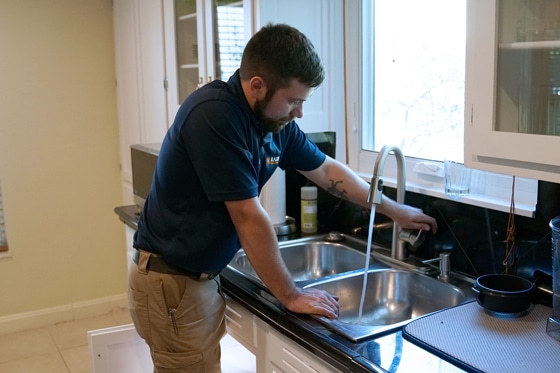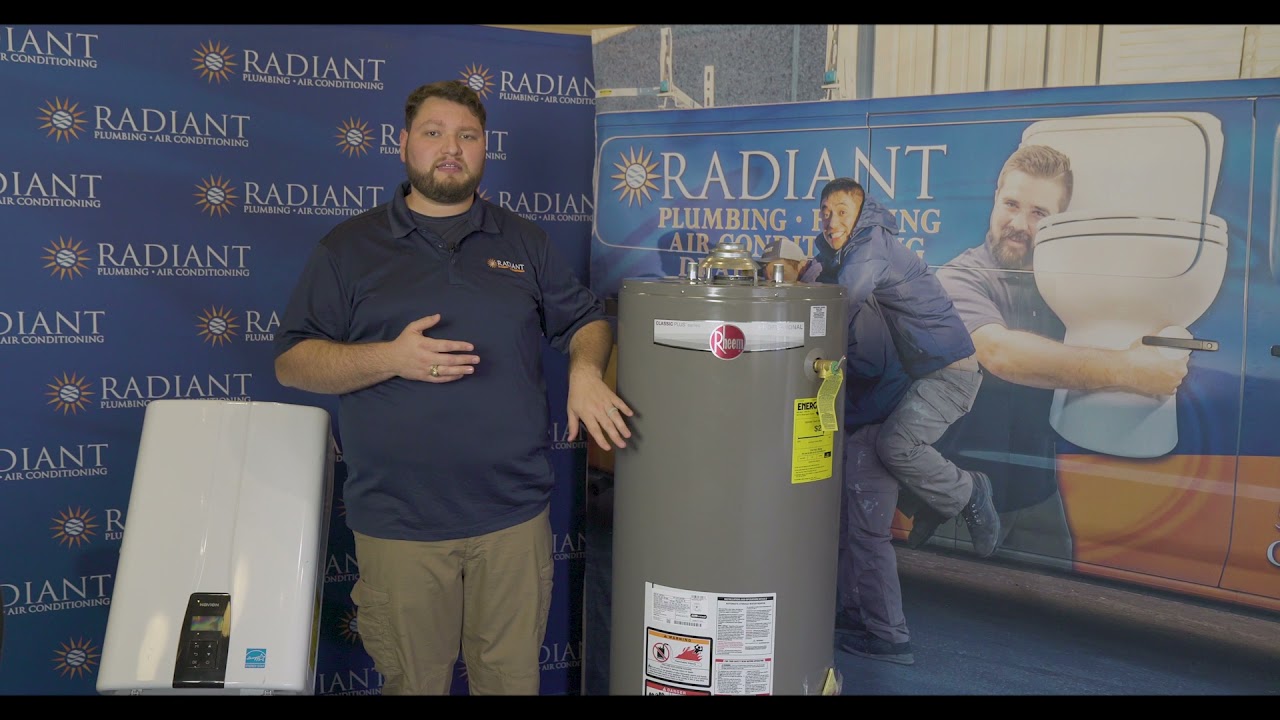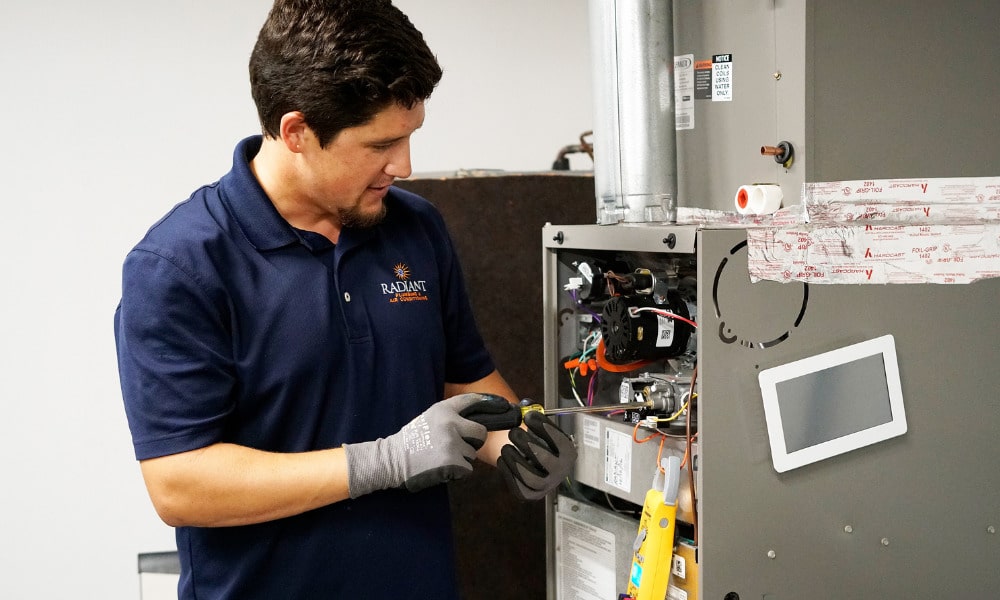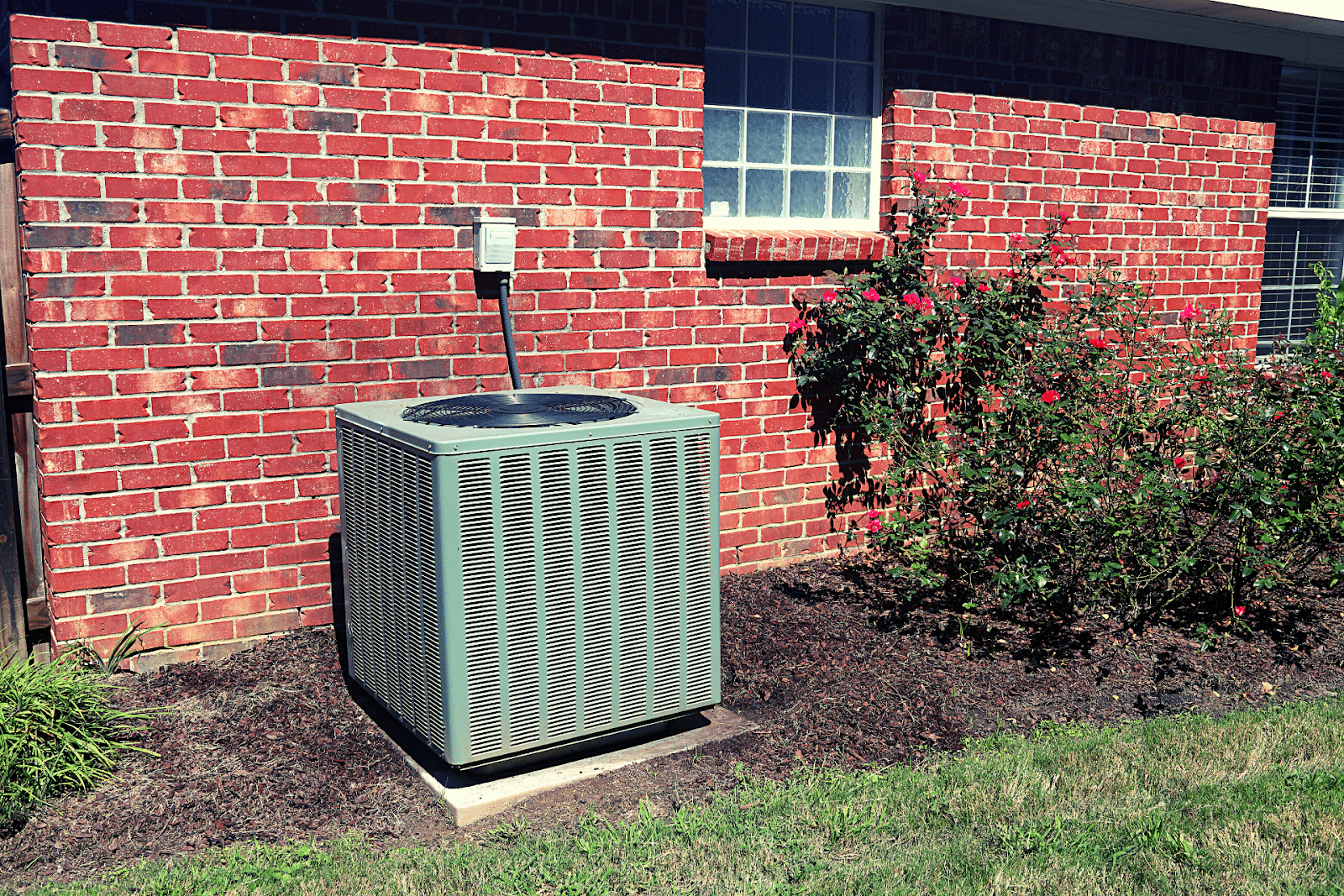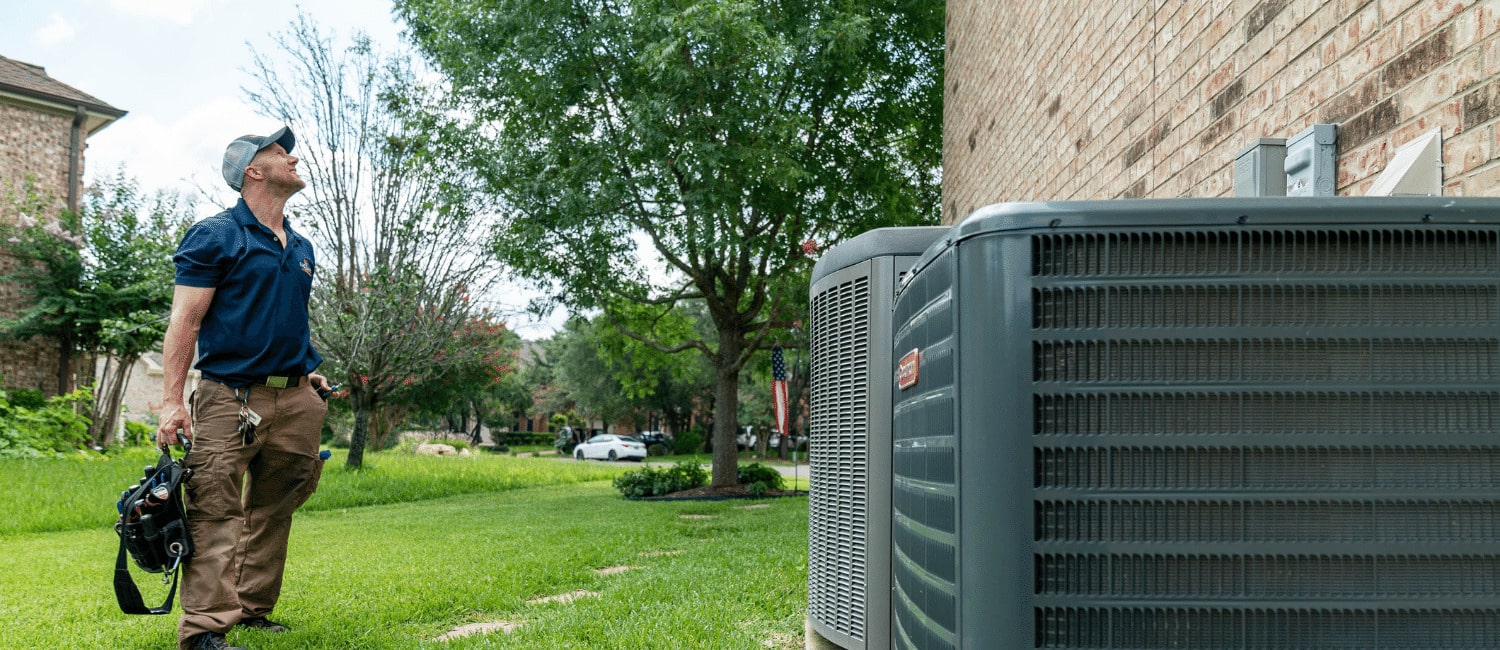Plumbing. It’s not something most of us think about on a daily basis. In fact, I bet you never expected yourself to be reading this article! Alas, you are here and that’s great because detecting early signs of sewer and water line problems could save you an enormous amount of pain, headache, and above all, cash. If your plumbing system is showing signs of a serious issue, seek the help of a professional plumber. We asked our team of experts to list some common and not-so-common symptoms of underlying plumbing issues, what causes them and what can be done to prevent them. Here’s what they came up with…
Table of Contents
5 Symptoms of Plumbing Problems
Slow Drains
We’re starting off slow. Slow drains are caused by a buildup of debris or a blockage in your pipes. The most common culprits are grease, oils, and fats. They stick together and to the insides of your drain, and eventually they can slow down (or altogether stop) the flow of water. If cleaning up around the drain opening doesn’t do the trick, you might want to seek professional help. Multiple slow drains are red flags and suggests a more serious problem in your home’s vent lines, septic system or main sewer line. Addressing early warning signs of slow drains could prevent the materials causing the clog from moving further down your plumbing system. Plumbers liken this issue to a clogged artery. And like a clogged artery, slow drains are not to be taken lightly.
Gurgling Pipes
Plumbers often describe gurgling coming from pipes and drains as your plumbing speaking to you. And it shouldn’t be. The gurgling noise occurs when air is forced through water in your drain trap. This is a sign of defective ventilation which is usually caused by obstruction in your venting system. Gurgling might initially occur due to a partial blockage. But continued use of the fixture will lead to further accumulation of toilet paper, food, waste or rust which could result in a complete blockage. At this point, you could experience water getting backed up all over the house and it might even affect your main sewer line. The good news is, this plumbing issue is literally crying out for attention. And accompanying signs like foul odors make it relatively easy to identify. Don’t ignore the signs and seek professional help early.
Sticky Handles & Levers
Toilet handles that are difficult to turn could be the result of poor installation. The chain that’s attached to the ball in your tank might not be the right length or it could simply be stuck. A faulty flapper/seal in your tank could also contribute to the issue. When you flush, the flapper is supposed to rise and poor installation or wear and tear could prevent it from doing so. Another contributing factor to consider is the water that’s used in Austin homes. We get our water from the Colorado River and it’s considered “hard water” due to the high levels of minerals present in it. Hard water is formed when water filters through deposits of limestone and it can result in valve blockages, ruined finishes, damaged seals and, of course, sticky handles. Because of this, sticky handles and levers can be a common occurrence in Austin homes. But the good news is, local plumbers know this issue comes with the territory. They are prepared to offer relief and might even suggest installing a water softener as a more permanent solution.
Warm Spots
Warm spots on your floor could be due to broken hot water pipes or a slab leak. Slab leaks can be caused by anything from the shifting of the ground and old age, to human errors such as poor installation or a lack of protection in the slab foundation. In case of a slab leak, warm spots are often accompanied by raised areas in the floor and other signs of water damage. These additional symptoms could help you identify the issue faster. A slab leak is considered a serious plumbing issue, and if you suspect you have one, contact a professional emergency plumber.
Insects Appearing
A sudden appearance of insects in areas where they weren’t showing up before could be the result of a leak. The explanation for this one is pretty simple: insects are attracted to water and they’re happy to migrate to new sources of water to drink or cool down. Closer inspection of the area might reveal other signs of a leak like wet spots and mildew. Start by inspecting exposed fixtures like faucets and looking under sinks. If you’re unable to locate the source of the leak and still encounter insects, you might have a more serious leak and a potential infestation on your hands. At this point you should seek professional help.
Four Tips for Plumbing Maintenance
Valve Exercise
Your home’s water system consists of valves that are designed to start and stop the flow of water in distribution lines. We want these valves to be sharp and ready to do their job without delay. If however, some of your valves are not in use for an extended period of time, they could get stuck and become unusable when you need them most. Plumbers can exercise valves in your water system by using tools to spin the valves in a series of upwards rotations. This exercise clears away build up and helps prevent corrosion. Long term benefits of having your valves exercised regularly include reducing water loss, less costly repairs, and being able to isolate a water main break. If your home’s valves have not been properly maintained, consider reaching out to your local plumber for an inspection or even to set up a valve maintenance program.
Water Pressure Check
Having your home’s water pressure checked on a regular basis can greatly reduce the risk of leaks. High pressure in your pipes can lead to cracks and heavy water flow will ultimately result in pipe bursts. As discussed earlier, leaks can lead to all kinds of other issues and in some cases, extreme damage to your home. Last but not least, stabilizing water pressure can also make using your utilities more enjoyable with appropriate stream strength from the shower to the tap.
Know How to Shut Off Main Water Supply
This is an easy one, but it’s crucial. Being able to take action in case of a plumbing emergency could be the difference between minimal water damage and your property turning into a swamp. In some Texas homes (especially ones with water softeners), you’re likely to find the main water shutoff valve in the garage. Otherwise, it’s located by the street curb. If you’re unsure, ask your plumber to help you locate it next time he/she is called out to your home. Your plumber can also advise you on how to turn off the valve and what to do in case of an emergency.
Water Heater Flush
Having your water heater maintained and flushed on an annual basis can extend its lifespan and ensure consistent performance. Flushing your water heater cleans out sediment and prevents buildup, which is the number one cause of failure. It can reduce the noise coming from your water heater, prevent foul odors produced by stagnant water in the tank, and even improve heating speed. And if your water tank can achieve the correct temperature quicker, you know what that means: reduced energy costs.
Save time, money, and headaches when you call Radiant Plumbing and Air for your home’s plumbing repairs. We have earned the trust of thousands of Texas homeowners over the last 20+ years. Call us today at 833-656-4056 and ask about our Radiant Care Club maintenance plan to keep your home operating in tip-top shape.
